What Are You Grateful For?
Posted on February 26, 2009 by Debra Burdick
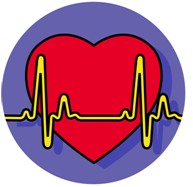 The dictionary defines gratitude as: a feeling of thankful appreciation for favors or benefits received; thankfulness. Appreciation is defined as grateful recognition. Wayne Dyer who coined the term ‘an attitude of gratitude’, says that gratitude is a sacred space where you allow and know that a force greater than your ego is always at work and always available. Researchers in the field of Heart Rate Variability, state: “appreciation is an active emotional state in which a person has a clear perception or recognition of the quality or magnitude of that which he or she is thankful for.” Studies are proving that “appreciation leads to improved physiological balance, as measured in cardiovascular and immune system function.”
The dictionary defines gratitude as: a feeling of thankful appreciation for favors or benefits received; thankfulness. Appreciation is defined as grateful recognition. Wayne Dyer who coined the term ‘an attitude of gratitude’, says that gratitude is a sacred space where you allow and know that a force greater than your ego is always at work and always available. Researchers in the field of Heart Rate Variability, state: “appreciation is an active emotional state in which a person has a clear perception or recognition of the quality or magnitude of that which he or she is thankful for.” Studies are proving that “appreciation leads to improved physiological balance, as measured in cardiovascular and immune system function.”
We have all heard that gratitude is important to our spiritual health.Feeling grateful or appreciation for what we have opens the door to receive. It helps energy flow. In the movie ‘THE SECRET’, an exercise is recommended in order to attract things we want into our lives. This exercise is to write down “I am so happy and grateful now that I have”… and then list the things you would like to attract into your life. It entails feeling grateful for the things you want to attract even before they show up. This changes our vibration so we can attract what we want.
Okay, so why does this work????
I’m so excited when science proves why things work. More and more, the scientific community is proving what we have already known in the psychological and spiritual fields. I’m going to tell you what scientists have found about how these feelings, which they call Core Heart Feelings, actually affect our physical and emotional health.
Scientists have found that when people focus in the heart area and activate a core heart feeling, this focus immediately shifts their heart rhythms. A core feeling is a positive emotion such as care, love, appreciation/gratitude, happiness. Research has shown that experiencing core heart feelings puts the heart into coherence. Read the book Heartmathby Childre and Martin for more information.
Core heart feelings reduce the activity of the sympathetic nervous system. This system speeds heart rate, constricts blood vessels, and stimulates the release of stress hormones. And core heart feelings increase the activity of the parasympathetic nervous system. This system slows heart rate and relaxes the body’s inner systems. Core heart feelings enhance the balance between these two systems so they work together with increased efficiency.
Core heart feelings also reduce the production of the stress hormone Cortisol, which increases production of DHEA which has protective and regenerative effects and counters aging. Core heart feelings also boost levels of IgA which make us more resistant to infection and disease. In fact, core heart feelings actually play a greater role in increasing our health and longevity than age, blood pressure, cholesterol, or smoking.
Neuroscientists have discovered that the heart has its own independent nervous system which is referred to as ‘the brain in the heart’. And they found that the heart and brain communicate in both directions and that messages sent from the heart to the brain can actually influence a person’s behavior. They have coined the term ‘heart intelligence’.
Experiencing core heart feelings puts the heart into coherence. When something is coherent, no energy is wasted because all the components are operating in harmony. Think of a book light where the light scatters over the page (not coherent) versus a laser beam with intensely focused light (coherent). When every system in your body is coherent or aligned your personal power is at its peak.
The heart is the most powerful electrical generator in the body and when it is working well, all other systems respond. Other systems become entrained by the heart rhythm. Studies show brain waves synchronizing with the heart rate. So when your heart rate variability is coherent, so is your brain, your immune system, your neurological system, and your emotional system. Changing the patterns of your electrical generator changes your vibration.
Studies published in the Association of Applied Psychophysiology and Biofeedback (AAPB) Journal show that practicing improving Heart Rate Variability (HRV) and coherence for 20 minutes a day over a period of about ten weeks decreases depression and anxiety, and improves immune function and overall well being. Try it for yourself.
ACTION
Here’s an exercise to put your heart into coherence.
– Find a comfortable position where you won’t be disturbed for a few minutes
– Close your eyes. Take a few deep breaths in through your nose to the count of 4 and exhale slowly through pursed lips to the count of 8
– Clear your mind and shift your attention to your heart area
– Pretend you are breathing slowly through your heart for about 10 breaths
– Now remember a time when you felt appreciation for someone or something positive in your life. Perhaps remember the feeling of love or care for someone it’s easy to love
– Feel the appreciation and gratitude
– Send that feeling of appreciation to yourself and others
– As other thoughts pop into your mind, just dismiss each thought and bring your focus gently back to the area around your heart
To practice this process with actual feedback about what your heart rate is doing, you may buy the EmWave™ computer program and/or hand held biofeedback unit that was used in the research by clicking here: TheBrainLady.com. When using the EmWave™ program you can actually see your heart rate variability change as you imagine feelings of appreciation, gratitude, love, or caring. It’s so cool.
Another gratitude exercise I like is to write a list of all the things you feel grateful for each day. Do this before you start your day or at the end of the day. Include anything that comes to mind that you are thankful for. Include the basics like your health, family, and friends as well as successes at work no matter how small, or kindness that was shown to you. Get in the habit of noticing things to be grateful for.
I’m really excited to share an amazing cookie and concept with you! The Gratitude Cookie™ by Zen Rabbit Baking Company comes from my good friend and colleague Lori Saitz. The Gratitude Cookie™ is the most mouth wateringly delicious, thin, crunchy, cross between a butter and a sugar cookie I’ve ever tasted. And it also serves a greater purpose. Gratitude Cookie eaters are encouraged to think about something they’re grateful for as they’re munching each one. When you give a box to someone, you will show appreciation for your relationship.
 Inside each box of one dozen cookies is a Gratuities Card, with one of a variety of inspirational sayings. On the back of the card is the question, “What are you grateful for today?” and space to write an answer.
Inside each box of one dozen cookies is a Gratuities Card, with one of a variety of inspirational sayings. On the back of the card is the question, “What are you grateful for today?” and space to write an answer.
Lori is mobilizing a Gratitude R-evolution. Join her in the journey to bring more gratitude, good feelings and yumminess to the world. Ordering is totally easy, just click here. Treat yourself to a box too!
I would love to hear your personal experiences with this topic.
Categories: Anxiety, Articles, Depression

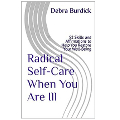
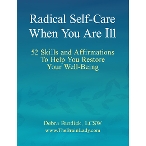
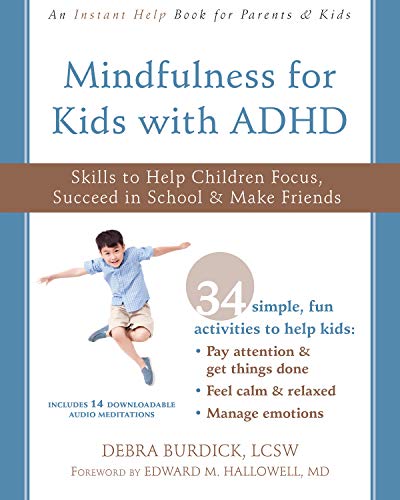
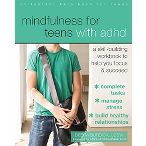
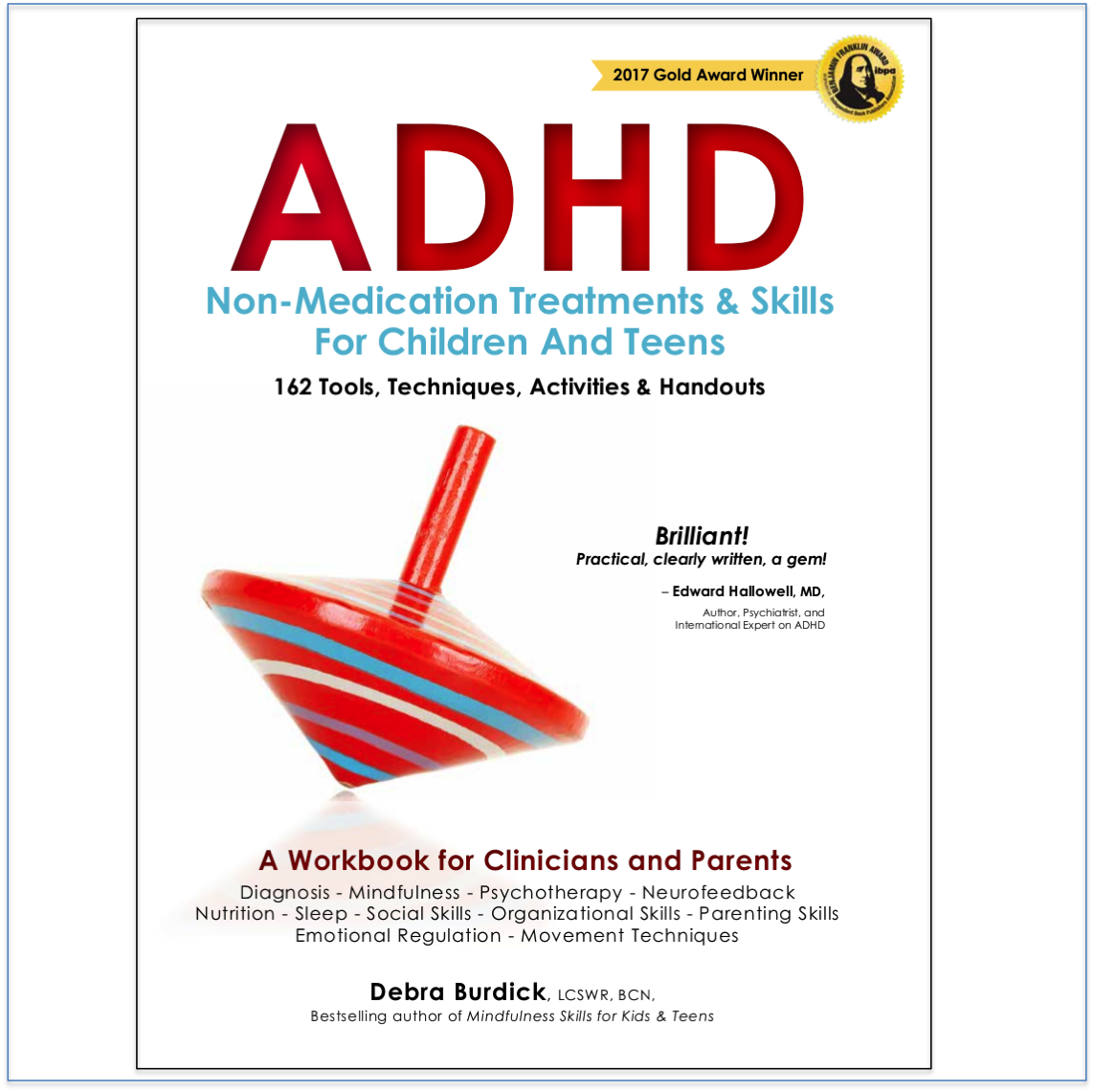
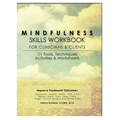
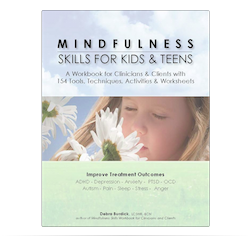
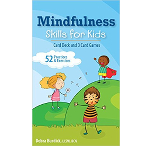
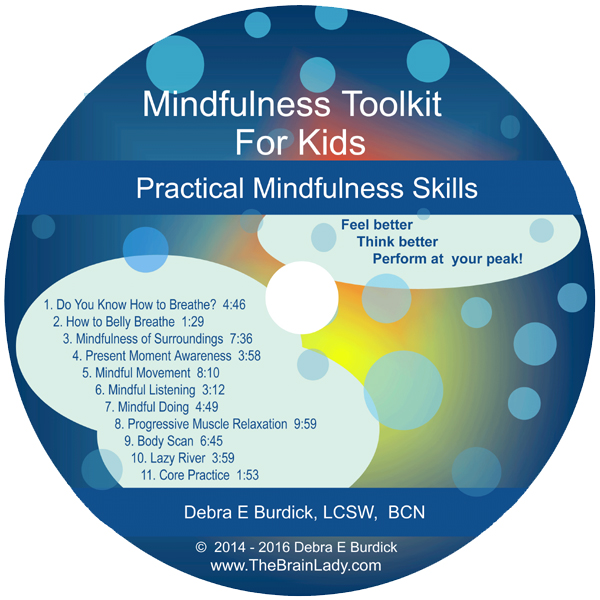
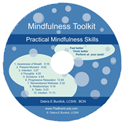
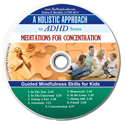
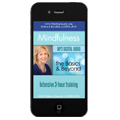
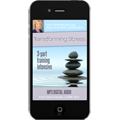
No comments yet. You should be kind and add one!
The comments are closed.